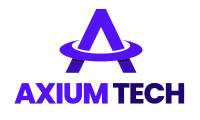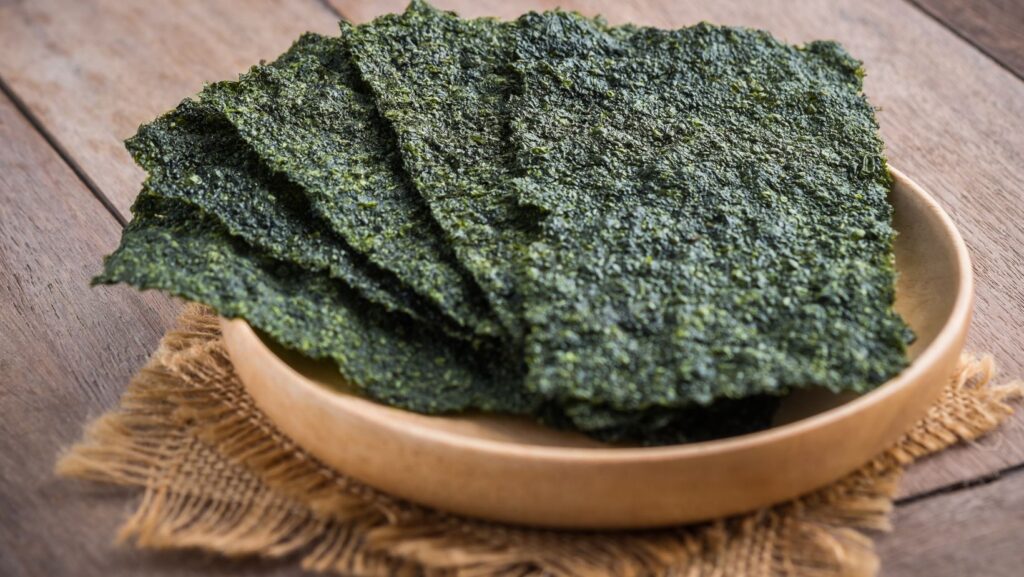Looking to achieve permanent freedom from addiction?
Traditional methods of addiction treatment prioritize the singular goal of ending substance use. But here’s the problem: addiction isn’t just about drugs or alcohol. Addiction impacts every aspect of a person’s life including their mental state, physical health, spiritual well-being and interpersonal connections.
That’s where holistic addiction recovery comes in.
What you’ll discover:
- What Makes Holistic Recovery Different?
- The Science Behind Holistic Treatment
- Mind-Body Connection in Recovery
- Alternative Therapies That Actually Work
What Makes Holistic Recovery Different?
Holistic addiction recovery approaches treatment by addressing the entire individual while traditional programs focus solely on addiction.
Consider this analogy to understand the approach better — when you have a broken leg you don’t treat just the bone but work on strengthening the entire limb and improving its function. Your recovery process encompasses restoring strength while increasing mobility as well as implementing measures to stop future injuries from happening. The same logic applies to addiction recovery.
Many conventional treatment programs fail to address key components necessary for sustained recovery. Traditional treatment programs prioritize detox and counseling yet fail to address other important elements.
- Physical health and nutrition
- Emotional and spiritual wellness
- Creative expression and purpose
- Social connections and community support
- Stress management and coping skills
This is where comprehensive addiction recovery programs like those offered by Virginia Drug Rehab centers make a real difference. True recovery succeeds when treatment focuses on every part of a person’s life.
The Science Behind Holistic Treatment
It’s possible you’re asking yourself whether holistic treatments deliver real results.
A new study on holistic rehabilitation programs demonstrated significant enhancements in quality of life through physical, psychological, environmental, and social dimensions. Holistic care offers wide-ranging advantages for those recovering from substance abuse.
Contemporary addiction treatment methods demonstrate higher success rates when early intervention combines with integrated approaches to handle both the neurobiological and psychological aspects of addiction.
The combination of evidence-based treatments with holistic practices leads to exceptional results. Individuals recover from substance abuse by enhancing their overall well-being in every life aspect.
Mind-Body Connection in Recovery
There exist unknown connections between your brain and body that most individuals remain unaware of.
Addiction changes your brain chemistry. The nature of addiction influences your cognitive processes and emotional responses as well as your stress reactions. Holistic therapies demonstrate their power through their ability to restructure your brain towards successful recovery.
Take yoga, for example. Research demonstrates that consistent yoga practice decreases stress hormones while enhancing mood and well-being. During your recovery process these advantages become transformative.
Meditation and mindfulness practices share these benefits too. Scientific evidence supports these methods which remodel your brain’s reaction to stress and cravings beyond being mere wellness trends.
Alternative Therapies That Actually Work
We should explore particular holistic treatments that produce significant positive outcomes in recovery processes.
Art and Music Therapy
Creative expression provides a safe way to manage emotions which could potentially trigger a relapse. The creative activities of painting, drawing and playing music activate distinct areas of your brain which result in positive emotional processing.
People in recovery often find new abilities which they were previously unaware of. This newfound creative ability defines their new identity as creators instead of destroyers.
Acupuncture and Massage Therapy
Physical therapies enable your body to recover from addiction-induced damage. Acupuncture can reduce withdrawal symptoms and cravings. Massage therapy provides relief from anxiety and sleep disturbances that frequently affect people who are in the early stages of recovery.
These treatments function effectively because they target addiction’s physical elements which conventional counseling may overlook.

Nutritional Therapy
Many people overlook a critical consequence of addiction which is its devastating impact on nutritional health. Substance use leads to vitamin and mineral deficiencies while harming digestive health and altering normal eating patterns.
Addiction recovery centers which offer complete programs should provide nutritional counseling and meal planning services to their clients. A body that receives adequate nutrition experiences enhanced brain function and energy while maintaining stable mood levels.
Equine-Assisted Therapy
Although working with horses may sound unconventional it proves to be highly beneficial for many individuals in recovery. Horses show sensitivity towards human emotions through their immediate responses to your feelings.
This therapeutic method develops essential trust-building abilities as well as communication and emotional awareness which are fundamental to achieving sustainable recovery outcomes.
Building Long-Term Recovery Success
Recovery should not be seen as a final destination but rather as an ongoing journey that lasts a lifetime.
Holistic addiction treatment aims to provide coping tools and skills which remain effective even after you complete your program. This involves establishing daily routines that incorporate healthy habits and coping mechanisms.
Creating Sustainable Lifestyle Changes
The most common error people make during recovery involves attempting to transform all aspects of their life simultaneously. Holistic recovery programs recognize that permanent change requires a gradual process.
They help you build sustainable routines around:
- Morning and evening rituals that support your mental health
- Exercise programs that fit your lifestyle and preferences
- Stress management techniques you can use anywhere, anytime
- Social activities that don’t revolve around substance use
- Purpose-driven work or volunteer activities that give life meaning
The Role of Community Support
Holistic addiction recovery programs recognize community support as a fundamental element. The program provides family therapy sessions together with group counseling opportunities and connects you with people who share similar recovery experiences.
A strong support network functions as a safety net during recovery. During difficult times these individuals provide support to prevent you from returning to previous behaviors.
Creating Your Personal Recovery Plan
Every person’s path to recovery is different.
Because everyone’s recovery journey is unique, what works for your friend may not work for you. The leading holistic addiction recovery programs design personalized treatment plans by evaluating your particular needs along with your preferences and goals.
Assessment and Evaluation
The comprehensive evaluation analyzes various dimensions of your life.
- Physical health — medical conditions, nutrition status, fitness level
- Mental health — depression, anxiety, trauma history
- Social factors — family relationships, work situation, living environment
- Spiritual needs — personal beliefs, values, sense of purpose
- Past treatment experiences — what worked, what didn’t, lessons learned
The comprehensive evaluation enables treatment professionals to grasp your complete life context before developing a personalized treatment solution.
Integrating Traditional and Alternative Approaches
Successful holistic treatment methods maintain traditional treatment techniques. These programs combine established treatment methods such as cognitive behavioral therapy and medication-assisted treatment with additional complementary therapies.
Your treatment plan might include:
- Individual counseling sessions
- Group therapy meetings
- Yoga or meditation classes
- Art or music therapy workshops
- Nutritional counseling
- Fitness and outdoor activities
- Family therapy sessions
- Spiritual or religious guidance
Measuring Progress and Adjusting Treatment
Recovery isn’t linear. You’ll have good days and challenging days.
Progress in holistic programs is evaluated through various methods besides substance abstinence. They look at improvements in:
- Physical health markers
- Emotional stability and coping skills
- Relationship quality
- Work or school performance
- Overall life satisfaction
- Sense of purpose and meaning
Your treatment team modifies the strategy if certain approaches prove ineffective. This flexibility is crucial for long-term success.
Overcoming Common Challenges
Holistic recovery presents difficulties yet overcoming these challenges proves beneficial.
Some family members may doubt your treatment choices and insurance companies might not cover all your treatment options. The solution lies in finding effective personal treatment options combined with researching available payment plans and sliding scale fees.
The Road Back to Wholeness
Holistic addiction recovery creates an opportunity for full recovery. Comprehensive programs which treat individuals as complete beings instead of focusing solely on addiction enable patients to thrive beyond merely surviving their recovery process.

If you are fighting addiction or watching someone you care about fight this illness you should be aware that successful help exists. Integrating traditional evidence-based treatments with holistic healing methods provides strong potential for transformational recovery that endures.



